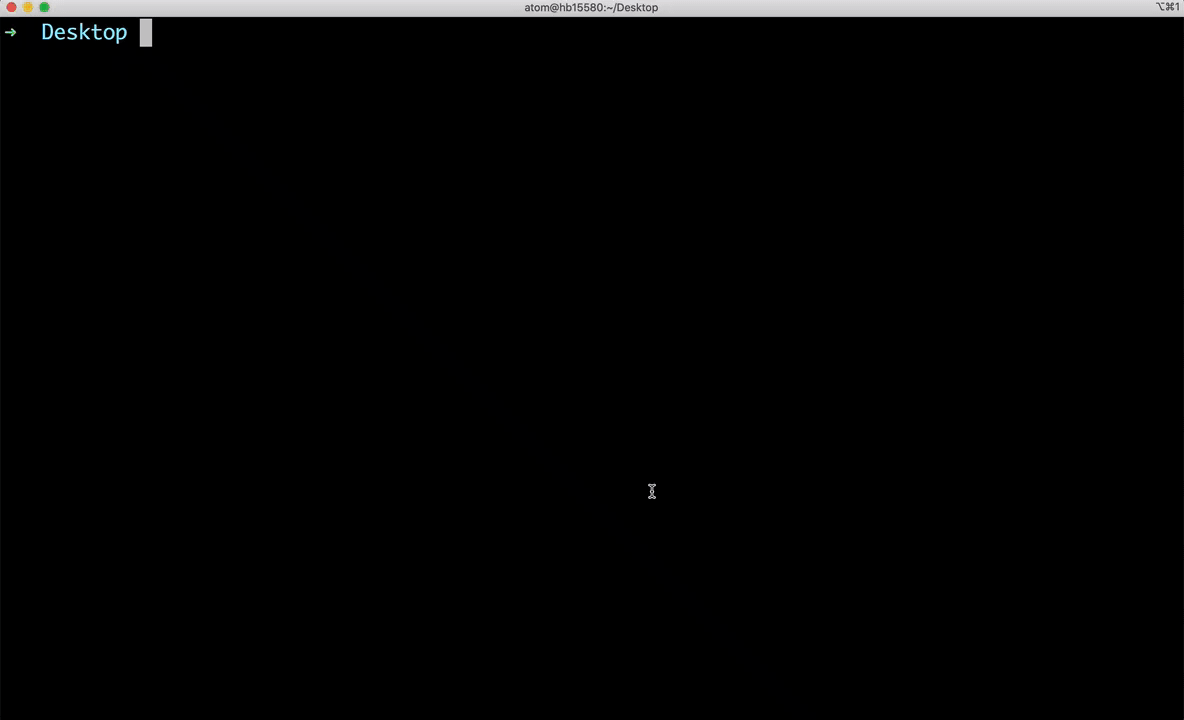
Security News
Deno 2.2 Improves Dependency Management and Expands Node.js Compatibility
Deno 2.2 enhances Node.js compatibility, improves dependency management, adds OpenTelemetry support, and expands linting and task automation for developers.
vite-plugin-electron
Advanced tools
Integrate Vite and Electron

Example 👉 vite-plugin-electron-quick-start
vite.config.ts
import electron from 'vite-plugin-electron'
export default {
plugins: [
electron({
main: {
entry: 'electron-main.ts',
},
}),
],
}
electron(config: Configuration)
import type { LibraryOptions, UserConfig } from 'vite'
import type { InputOption } from 'rollup'
export interface Configuration {
main: {
/**
* Shortcut of `build.lib.entry`
*/
entry: LibraryOptions['entry']
vite?: UserConfig
}
preload?: {
/**
* Shortcut of `build.rollupOptions.input`
*/
input: InputOption
vite?: UserConfig
}
}
The plugin is just the encapsulation of the built-in scripts of electron-vite-vue/scripts
🚧🚧🚧🚧🚧🚧🚧🚧🚧🚧🚧🚧🚧🚧🚧🚧🚧🚧🚧🚧🚧🚧🚧🚧🚧🚧🚧🚧🚧🚧🚧🚧🚧🚧🚧🚧🚧🚧🚧🚧
Use Electron and Node.js API in Renderer-process
If you only need to build the Renderer-process, you can just use the
vite-plugin-electron/rendererplugin
Example 👉 electron-vite-vue/packages/renderer/vite.config.ts
// renderer/vite.config.ts
import electronRenderer from 'vite-plugin-electron/renderer'
export default {
plugins: [
electronRenderer(),
],
}
vite.config.ts
import electronRenderer from 'vite-plugin-electron/renderer'
export default {
plugins: [
electronRenderer(),
],
}
renderer.js
import { readFile } from 'fs'
import { ipcRenderer } from 'electron'
readFile(/* something code... */)
ipcRenderer.on('event-name', () => {/* something code... */})
Using Electron API in Renderer-process
import { ipcRenderer } from 'electron'
Actually redirect to node_modules/vite-plugin-electron/renderer/modules/electron-renderer.js by resolve.alias
Using Node.js API in Renderer-process
import { readFile } from 'fs'
All Node.js API will be built into the node_modules/.vite-plugin-electron-renderer directory by vite-plugin-optimizer
Config presets
If you do not configure the following options, the plugin will modify their default values
base = './'build.assetsDir = '' -> TODO: Automatic splicing build.assetsDirbuild.emptyOutDir = falsebuild.rollupOptions.output.format = 'cjs'resolve.conditions = ['node']The plugin transform Electron and Node.js built-in modules to ESModule format in vite serve phase.
Add Electron and Node.js built-in modules to Rollup output.external option in the vite build phase.
You may need to use some Node.js modules from npm in the Main-process/Renderer-process.
I suggest you look at electron-vite-vue.
[2022-06-06] v0.4.7
build.outDiroutput is ArrayFAQs
Electron 🔗 Vite
The npm package vite-plugin-electron receives a total of 18,207 weekly downloads. As such, vite-plugin-electron popularity was classified as popular.
We found that vite-plugin-electron demonstrated a healthy version release cadence and project activity because the last version was released less than a year ago. It has 0 open source maintainers collaborating on the project.
Did you know?

Socket for GitHub automatically highlights issues in each pull request and monitors the health of all your open source dependencies. Discover the contents of your packages and block harmful activity before you install or update your dependencies.

Security News
Deno 2.2 enhances Node.js compatibility, improves dependency management, adds OpenTelemetry support, and expands linting and task automation for developers.

Security News
React's CRA deprecation announcement sparked community criticism over framework recommendations, leading to quick updates acknowledging build tools like Vite as valid alternatives.

Security News
Ransomware payment rates hit an all-time low in 2024 as law enforcement crackdowns, stronger defenses, and shifting policies make attacks riskier and less profitable.